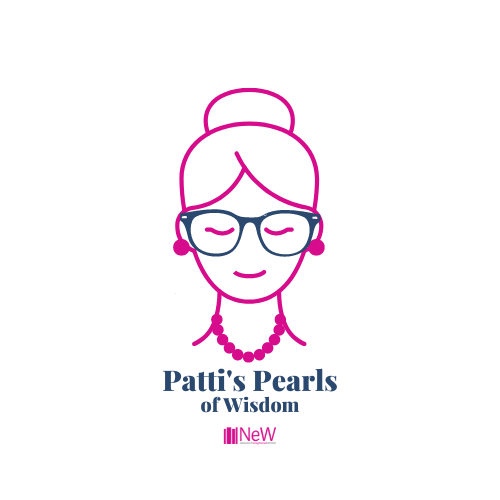One of the major issues of discussion during this year’s National Conference was how all policies are women’s policies and can have major impacts on how women live their lives. One of the panels this weekend covered just that. Lindsey Burke, Kerri Kupec, and Emily Ekins, all shared their insights regarding policies in the realms of healthcare, education, and free speech.
Lindsey Burke, Director of the Center for Education Policy and Will Skillman Fellow in Education at The Heritage Foundation, began with a discussion on education policy, focusing primarily on higher education policy and its impact on women. Burke stated that higher education policy is a major women’s issue because “women represent 60% of people who are enrolled in universities today,” meaning women are the primary group that are taking out student loans. “We are at $1.4 to $1.5 trillion in outstanding student loan debt today… Women hold about two-thirds of that debt, about $900 billion,” said Burke. Because women hold the most student debt, they are the most impacted by new higher education policies regarding student loans and financial aid.
Unfortunately, student loans do not vary by major, yet starting incomes do. Burke discussed the highest-earning majors and compared them to the lowest-earning majors to demonstrate that men dominate the higher-paying degrees, while women dominate the lower-paying degrees. Not only are women accumulating greater debt; they are also earning less money to pay back that debt. Additionally, when students default on their federal loans, tax payers are forced to cover the bill. In order to begin addressing this issue, Burke suggested that the government must first look to reduce subsidies for higher education to force college tuition down and encourage private lending.
Burke concluded by shifting focus onto the impact of K-12 education policy on women who may someday be mothers. She emphasized the importance of school choice and Education Savings Accounts for parents to have the freedom to choose the best schools for their children.
Kerri Kupec, attorney at the Department of Justice in the Office of Public Affairs, then spoke about being an attorney in D.C. and working for the Department of Justice. She discussed the projects and successes under the Trump Administration in regards to free speech on college campuses, human trafficking, the opioid epidemic, and religious liberty. She began with free speech zones on public universities’ campuses. Since public universities are run by the government, free speech zones are illegal, as they are an abridgment of the First Amendment, which restricts the government. The Trump Administration has been working to ensure free speech is protected and unrestricted on college campuses.
In regards to human trafficking, the Trump Administration has been able to successfully shut down several online resources for human trafficking. Similarly, there has been success in shutting down resources for opioid distribution over the internet. Finally, the Trump Administration has stood for religious liberty in working to not tolerate government hostility to faith, whether that is allowing businesses to act with respect to their religious convictions or stopping cities from using zoning laws to halt the building of places of worship.
Emily Ekins, Research Fellow with the Cato Institute, concluded the panel by examining how college women can impact public policy. “One of the most important things that can be done is to have a dialogue and be having debates on college campuses about these important issues,” said Ekins. She explored data regarding the state of free expression in the U.S. today, demonstrating that most Americans do not feel comfortable talking about certain beliefs they hold, for fear of retaliation or offending someone. The catering to different prevailing attitudes on college campuses will lead to the silencing of debate on that issue entirely. It is of vital importance to heal the divisions that have been created and foster freedom of expression in order to encourage healthy political debate.
In the Q&A that followed, women asked questions regarding the status of private universities standing up for their beliefs against the government, the importance of school choice in K-12 education, and teacher’s free speech in schools. Burke noted the importance of teachers fostering open dialogue in their classrooms and encouraging healthy debate in order to promote greater debate in society. Following the panel, the young women were encouraged to continue fighting for pro-liberty policies that will help women throughout the nation.


